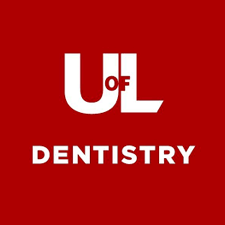Transformative
Patient Care
Innovative Pharmaceutical Solutions
RAM Pharmaceuticals develops innovative pharmaceutical solutions that enhance patient comfort and care. Our RAMDental division delivers fast-acting, in-office treatments for painful oral conditions, helping dental professionals provide immediate relief. Through RAMTherapeutics, our Cancer Comfort Care Initiative focuses on supporting cancer patients with therapies like Triamdocaine—designed to reduce the effects of radiation and chemotherapy-induced oral mucositis (Cancer Mouth). We are driven by a commitment to meet critical healthcare needs and improve patients’ quality of life.

RAMTherapeutics is at the forefront of innovation in cancer care, focusing on developing novel therapies to reduce the incidence and severity of severe oral mucositis (SOM) in cancer patients undergoing radiation and chemotherapy. Our groundbreaking medication, Triamdocaine™, is specifically formulated to address this painful side effect affecting thousands of patients. Triamdocaine has received FDA IND approval and is currently in Phase 2 clinical trials, reflecting our dedication to transforming cancer treatment with effective therapeutic solutions. Additionally, through our Cancer Comfort Care initiative, we aim to enhance patient support and comfort by providing effective pharmaceutical solutions that cater to the unique challenges faced by cancer patients.

At RAMDental, we specialize in providing cutting-edge compounded medications designed to alleviate dental pain and manage oral health conditions. Our flagship product, Acyclonine MUM™, is a 503B compounded medication that offers temporary relief from intense discomfort associated with various oral conditions. This product is particularly effective for managing symptoms linked to Acute and Chronic Oral Mucosal Ulcerations, Endo and Perio surgery pain relief, Oral Mucositis in Cancer Patients, Traumatic Dental Injuries, Aphthous Ulcers, Abscesses, Necrotizing Diseases, Lichen Planus, Pemphigus, and Stomatitis. We are committed to advancing dental care through our innovative solutions and supporting healthcare providers in delivering optimal patient outcomes.
Testimonials

